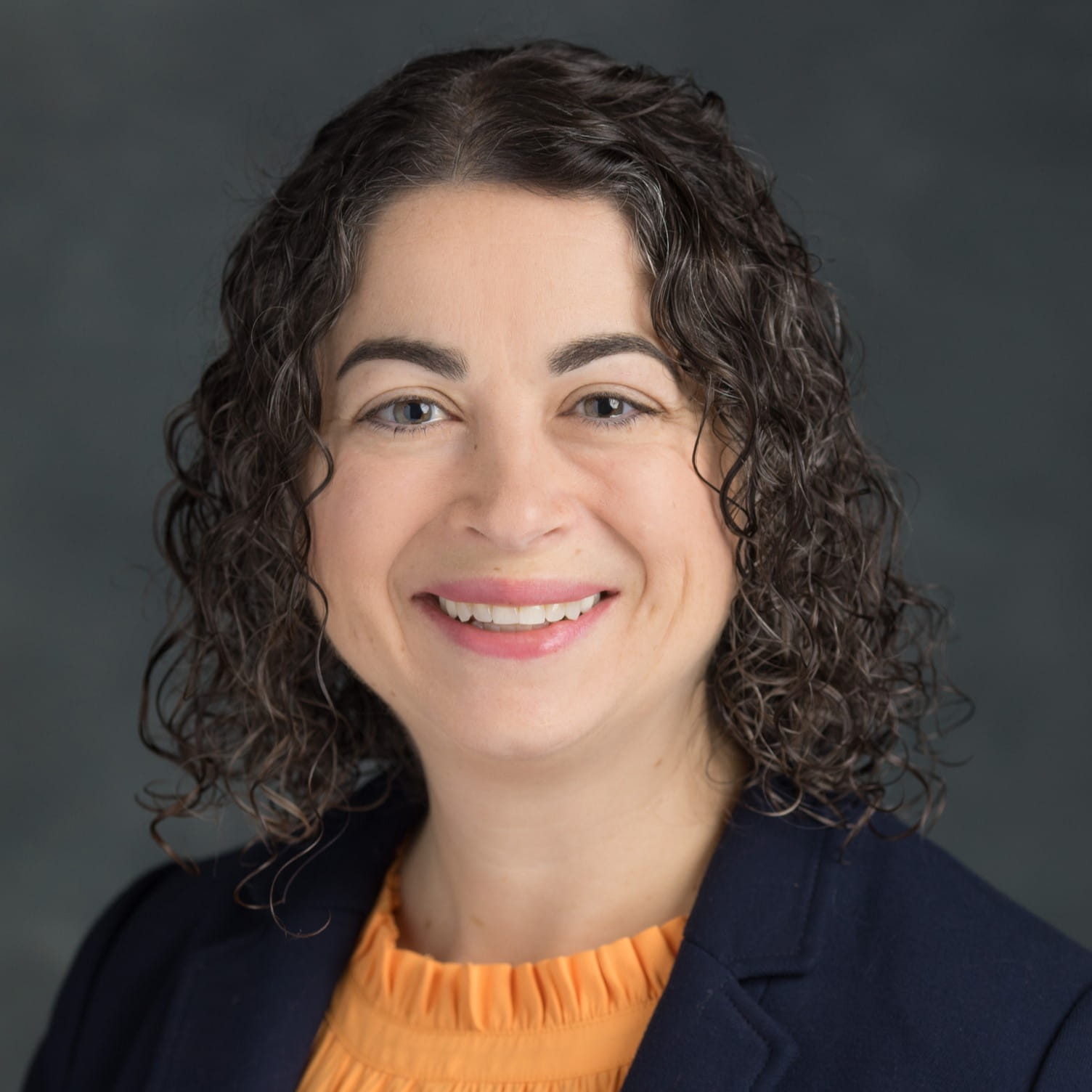
Tisha Benton
Executive MBA – Strategic Leadership Class of 2020
Vice Chancellor for Communications & Marketing, University of Tennessee, Knoxville
In her role as vice chancellor of communications at the University of Tennessee, Knoxville, Tisha Benton marries communication and marketing with operational experience.
In her early career, Benton earned a bachelor’s degree in journalism and worked in local newsrooms in Missouri, Nevada, Wisconsin and Tennessee. She honed her storytelling skills and discovered a talent for producing quality work on tight deadlines.
After leaving TV news, she was hired by the Tennessee Department of Environment and Conservation (TDEC) working in media relations, and ultimately launching a larger external affairs team and then transitioning into more operational roles until she joined UT a little over a decade later.
For Benton, leading the Division of Water Resources for TDEC with a non-science degree, alongside teams of talented scientists, initially sparked her desire to get another degree. After she transitioned to UT in late 2018, that motivation only grew. She chose Haslam’s Executive MBA – Strategic Leadership (EMBA-SL) because of the way the program integrates business coursework with everyday professional life.
“While looking around for opportunities and trying to figure out how to do this (EMBA-SL), I had to consider the needs of my job and my family,” the vice chancellor explained.
Innovating Through Crisis
The Covid-19 pandemic hit shortly after Benton’s first residence period with the program. Benton described the time as “change management on steroids,” where communication was happening simultaneously with policy and operational changes. While navigating these challenges, Benton and her classmates, all of whom are also executive leaders, leaned on one another to navigate the pandemic.
“It was a difficult time for so many, and we were all leading teams during uncertainty and significant change,” Benton said. “We had to stay positive and innovate new ways of working. We also had to recognize the immense opportunity in change and use it to benefit our organizations. “
Benton also talked about leading a team out of a chaotic organizational environment in a previous position, and how in organizational change or crisis, fault lines emerge.
“That’s when I really recognized how hard change can be for people and the impact that has on teams,” she explained. “You have to help people see the vision and give them the opportunity and support to lead to it. The EMBA-SL program taught me to do that more effectively.”
Peer-to-Peer Classroom Support at UT
Sharing these experiences with her cohort and listening to their situations from different occupations added richly to the EMBA-SL’s stellar curriculum.
“Until I moved into more operational roles, I didn’t have to do much math, and I found it stressful sometimes,” Benton said. “Help from my cohort core group was always a call away. They helped me understand finance and accounting to better shape my current work.”
Despite the uncertainty of the pandemic, Benton also enjoyed many fond memories of connecting with her peer group.
“On one Saturday during a Tennessee-Florida football game at Neyland Stadium, a few of us from our cohort were working in the Scripps labs in the Communications building,” Benton recalled. “We were buried in our laptops while the Volunteer faithful tailgated right below us. The building alarm was going off, and a police officer kept checking on us to make sure everything was ok! That group made the work fun, and we still stay in touch.”
Elevating Campus Connectivity
As a campus leader, Benton felt the pandemic’s impact in a myriad of ways. Her team changed its priorities and organizational structure overnight to meet the university’s needs, and as students came back to campus, she worked with the emergency operations team to help problem-solve around logistical needs for students transitioning in and out of quarantine. What she learned through that process about university systems informed her Organizational Action Project (OAP), a required part of the EMBA-SL’s coursework.
“The world was changing so quickly, and so were my ideas for my OAP,” Benton said. “Professor of Practice Mike Grojean took the time to help me focus and work through a project that could have a real and lasting impact.”
The OAP project outlined the need for a university-wide CRM to streamline communications and systems, which is currently being implemented at UT. The new CRM will go live in the coming months as part of a digital communications transformation, along with an employee intranet, and updated website. It’s a huge team effort across the university that will benefit students, faculty, and staff.
EMBA-SL Words of Wisdom
Looking back at her time in the EMBA-SL program, Benton says it is the land of opportunity. For anyone applying to the program, she has a word of advice:
“Be open to the experience,” Benton shares. “It will take a lot of work, but the faculty will support you, and your career will be better for it in the long run.”